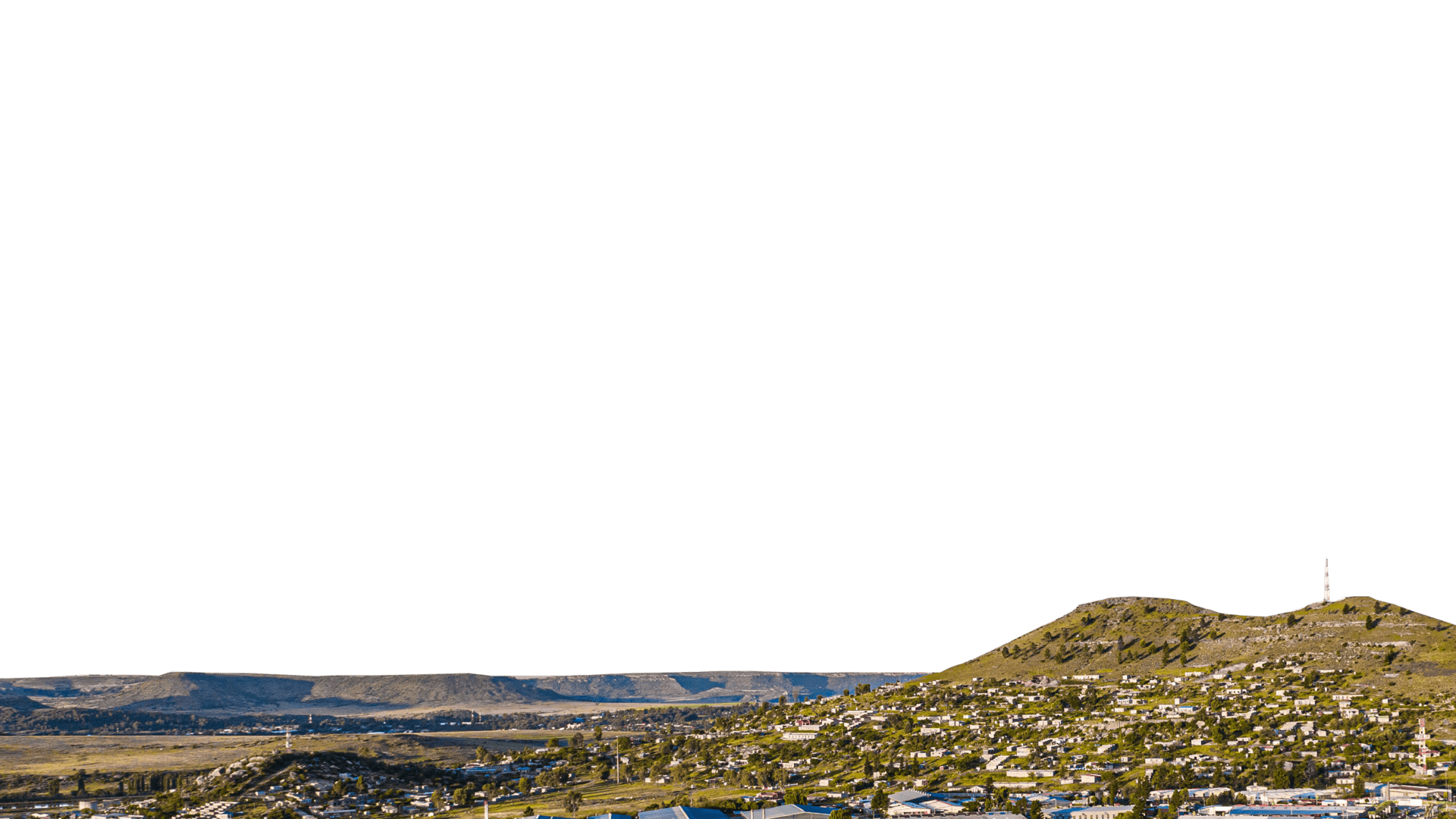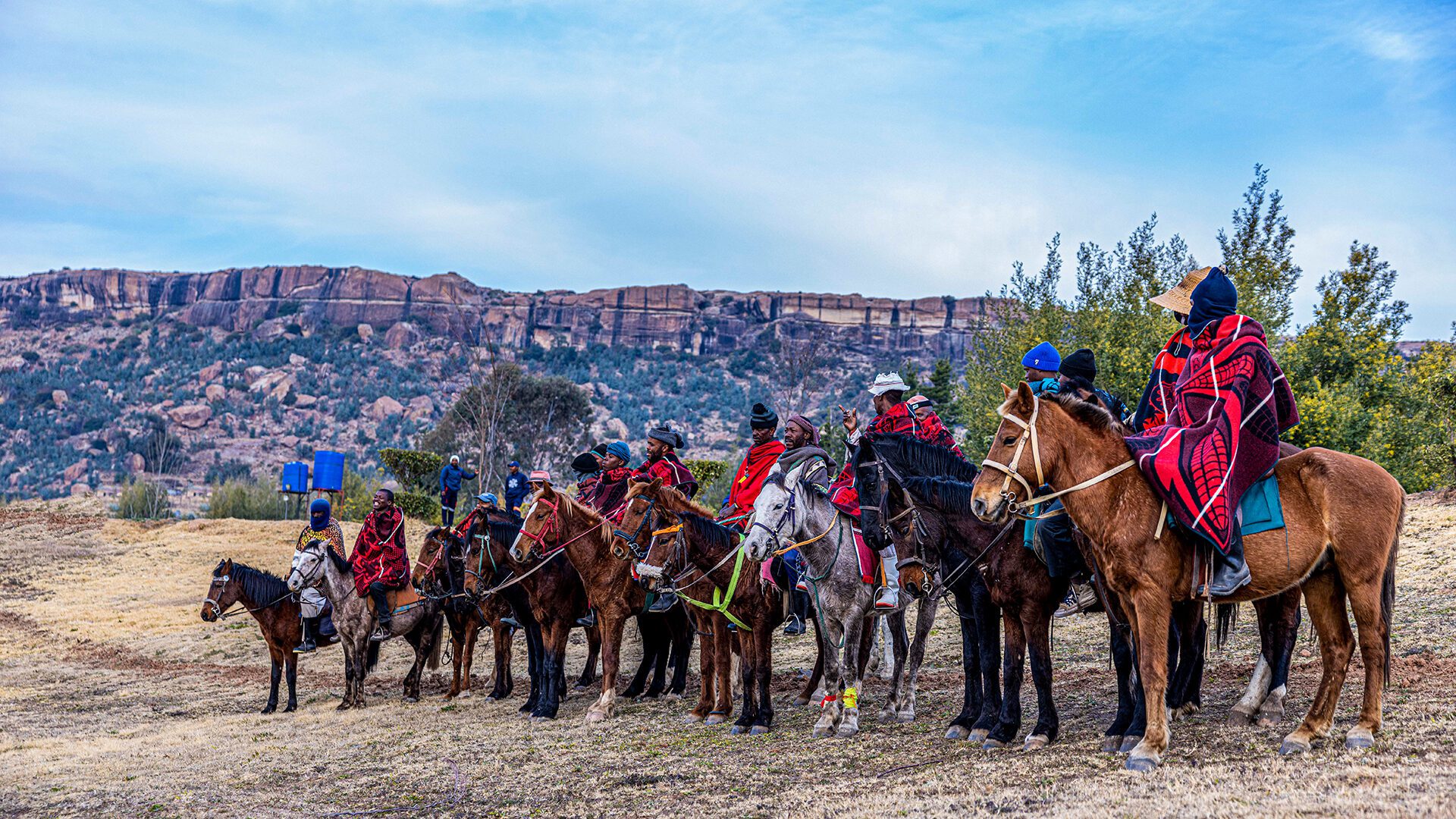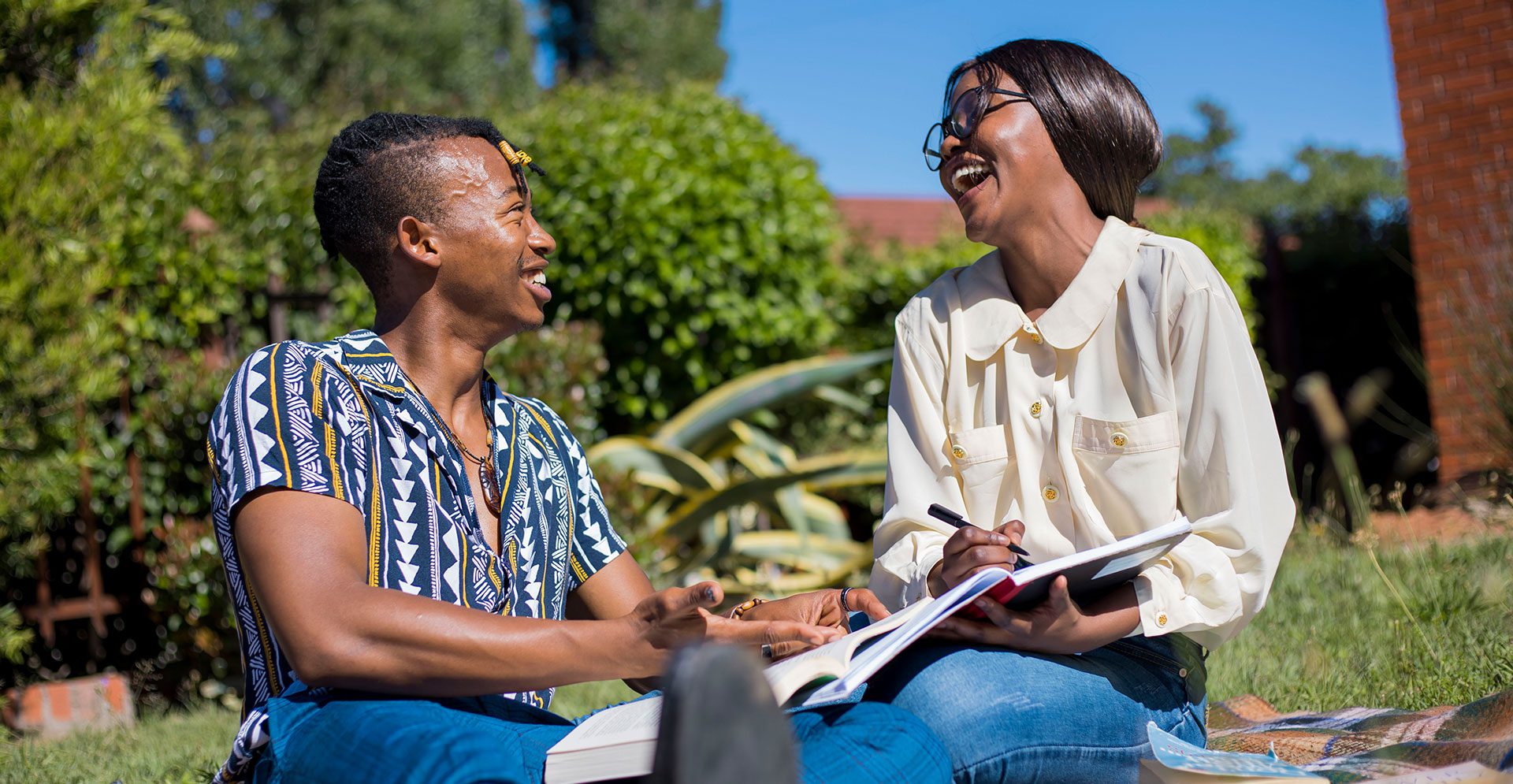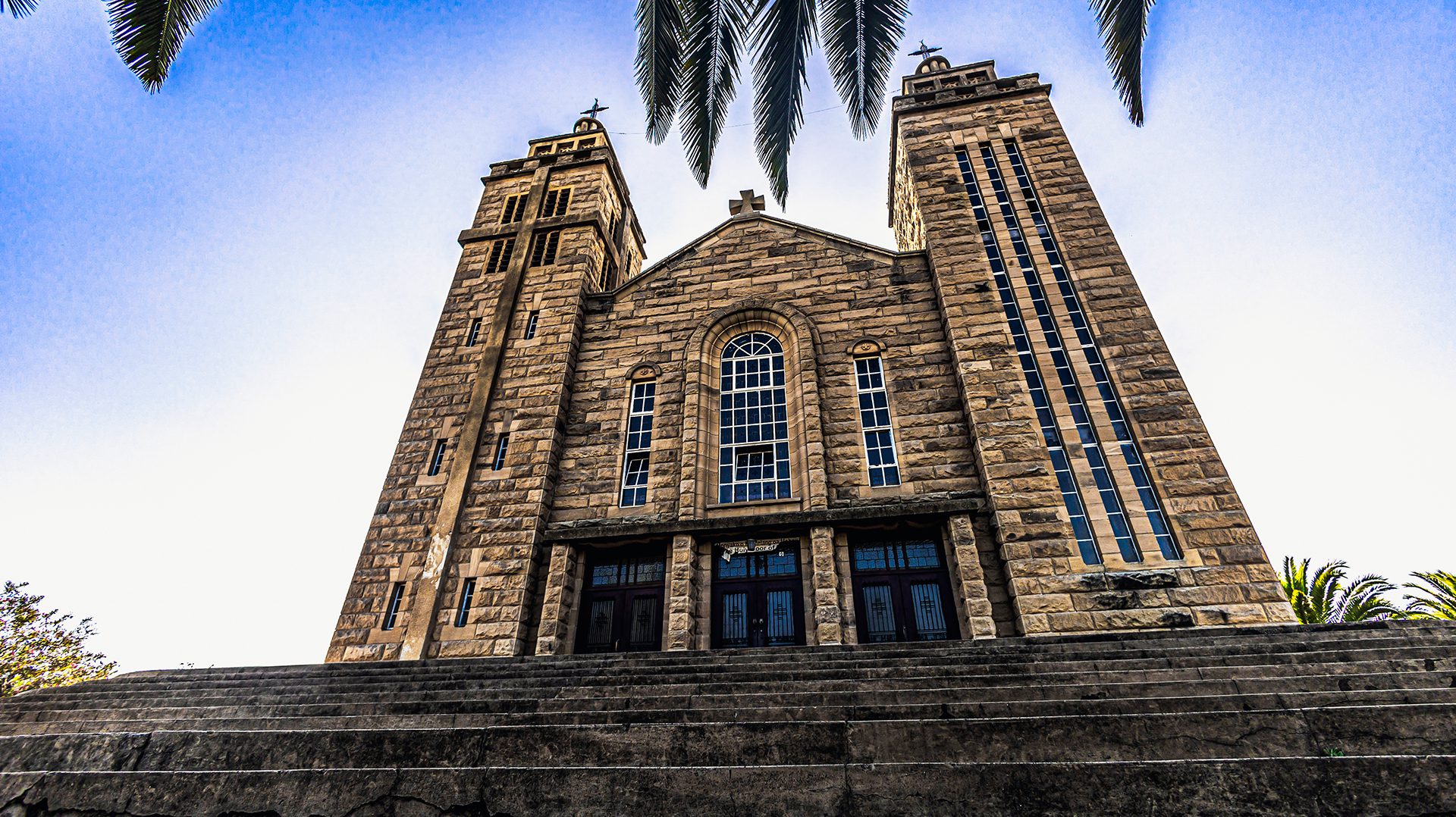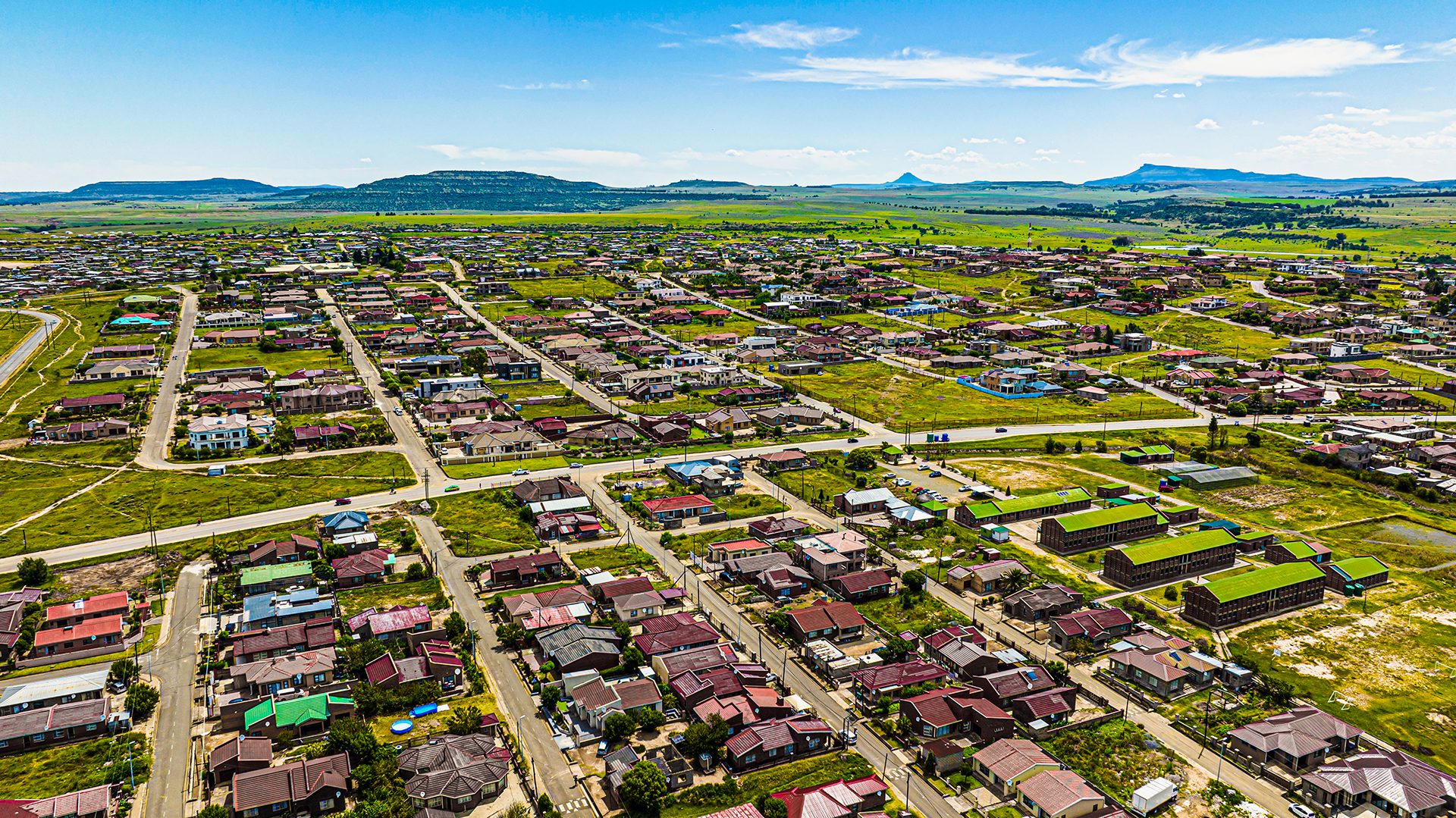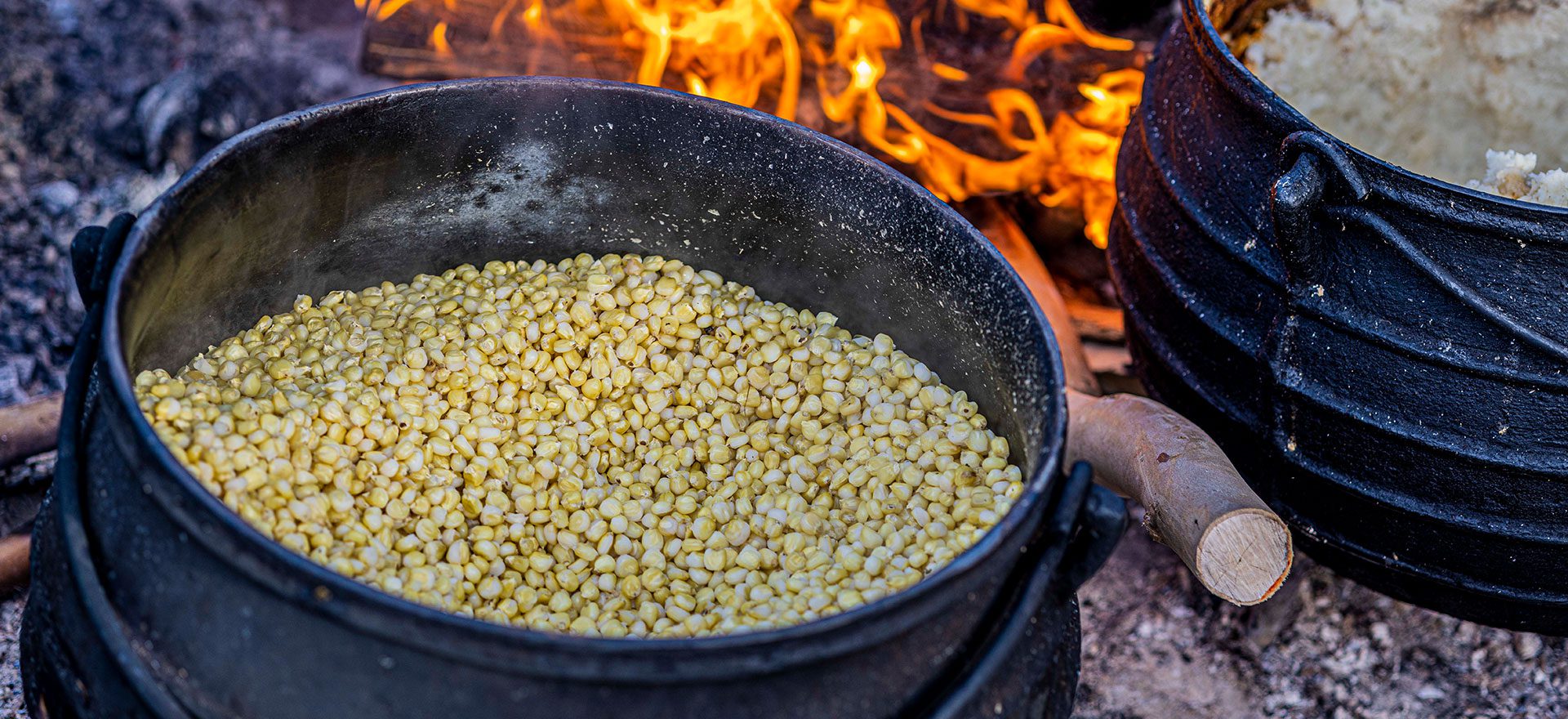Living in Lesotho
In the heart of Lesotho, where life unfolds in a captivating blend of modernity and rural simplicity, we find inspiration in the harmonious coexistence of these contrasting worlds. In the bustling urban centres, the pulse of modern life beats strong, with technological advancements and contemporary conveniences shaping our daily experiences.
Yet, it is in the serene embrace of rural landscapes that the true essence of Lesotho reveals itself—the rhythmic dance of traditional practices, the warmth of tight-knit communities, and the timeless connection to the land. This unique duality paints a canvas of inspiration, inviting us to appreciate the richness of our heritage while embracing the opportunities and progress that the modern world brings. In Lesotho, every step, whether in the vibrant city or the tranquil countryside, is a testament to the beauty of a life lived in harmony with both tradition and innovation.
10 Lesotho Facts
The Lesotho School system
Religion and Lesotho
Moving to Lesotho
Basotho Foods
Life in Lesotho
Ten Facts about Lesotho
The mountain kingdom offers both historic and contemporary treats for every taste and palette. Here is a sneak peak of treasures that abound.
- Lesotho has the distinction of having the highest lowest point in the world. This point is located at the confluence of the Makhaleng and Senqu rivers, with an altitude of above 1,400meters (4,593 feet) above sea level.
- If you have a love for all things royal, you'll be delighted to know that Lesotho is one of the three remaining monarchies in Africa. As you explore the capital city of Maseru, there is a chance that you might spot members of the royal family going about their daily lives.
- For thrill-seekers and aviation enthusiasts, landing or taking off from the Ha Matekane in Mohale’shoek district airstrip (lauded as one of the most dangerous in the world.) can be a heart-pounding experience. The incredible views of the surrounding mountains and the adrenaline rush of navigating such a challenging runway make it a memorable adventure.
- Chief Mohlomi of Lesotho is revered as one of Africa's most prominent philosophers. His intellectual contributions and philosophical insights have left an indelible mark on the continent's philosophical landscape. You can experience this by visiting some of our beloved historical sites.
- The Lesothosaurus is a dinosaur named after Lesotho. Lesothosaurus was a small herbivorous dinosaur that lived during the Early Jurassic period, about 200 million years ago. It was first discovered in the 1970s in Lesotho.
- Lesotho is the largest exporter of textiles under the African Growth and Opportunity Act (AGOA).
- Lesotho trout regarded as one of the best in the world due to the altitude, water, and clean air.
- The abundance of water in the mountain kingdom creates high potential for hydrogen production, water-based sports, and large-scale water exports.
- Lesotho was the first African country to legalise the cultivation and consumption of cannabis for medicinal and research purposes.
- Vincent Rakabaele from Lesotho was the first black runner to win the Two oceans marathon.
- Moshoeshoe practised democracy through the “Khotla” system where men would gather at court and matters would be discussed and put to vote.
- The Kingdom of Lesotho was never colonised, although it became a protectorate of the British in 1868, this was a strategic move by King Moshoeshoe I.
- Lesotho has one of the highest literacy rates in the world at 98%. This high rate provides ample, skilled labour for any investment venture.
Education
The Lesotho School system
In our educational journey, we embrace a system spanning 12 essential years, from the foundational years of primary school to the accomplishment of a high school certificate. The doors to primary education swing open freely for all in public schools, fostering inclusivity. As we ascend to high school, the Department of Social Development extends a helping hand, offering need-based aid to students through a thoughtful application process. Further, the National Manpower Development Secretariat graciously provides funding, both need-based and excellence-driven, enabling students to pursue tertiary education locally and abroad. Thanks to these supportive avenues, our nation boasts one of the highest literacy and education levels globally, inspiring us to reach greater heights in knowledge and wisdom.
Faith and beliefs
Religion and Lesotho
Lesotho is an inclusive country that embraces different faiths and beliefs. The population of Lesotho follows a variety of religious beliefs, and the religious composition is influenced by both indigenous African traditions and introduced religions.
The majority of the population in Lesotho identifies as Christian. The main Christian denominations include Roman Catholicism, Protestantism (such as Anglicanism, Methodist, and various evangelical denominations), and the Lesotho Evangelical Church.
Traditional indigenous African beliefs and practices also play a significant role in the religious landscape of Lesotho. These beliefs often involve a connection with ancestral spirits, rituals, and ceremonies.
While the Muslim population is a minority in Lesotho, there is a small Muslim community. Mosques can be found in urban areas, and Muslims practice their faith per Islamic traditions.
There is a small Bahá'í community in Lesotho as well, contributing to the country's religious diversity.
Immigration
Moving to Lesotho
If you are contemplating immigration to Lesotho, the Ministry of Home Affairs is here to assist you. Whether you intend to visit or establish Lesotho as your new home, the application process is easily accessible through submissions at Lesotho diplomatic missions or conveniently online. Visas are granted through a straightforward process, and denials are rare. Taking this step is an inspiring move towards a new chapter, and we warmly extend our hospitality to all who embark on this journey.
Cuisine
Basotho Foods
In the past, our diet primarily revolved around grains, legumes, and meat sourced from the domestic animals we raised. Time-honored dishes such as motoho and likhobe continue to enjoy widespread popularity. While Basotho cuisine has adapted to contemporary trends, the emphasis on organic produce remains prominent.
The evolving culinary industry has provided an opportunity for culinary experimentation, resulting in the creation of new recipes. Furthermore, the influence of international foods and spices has been taken in, reflecting a fusion of traditional Basotho flavours with global culinary elements.

